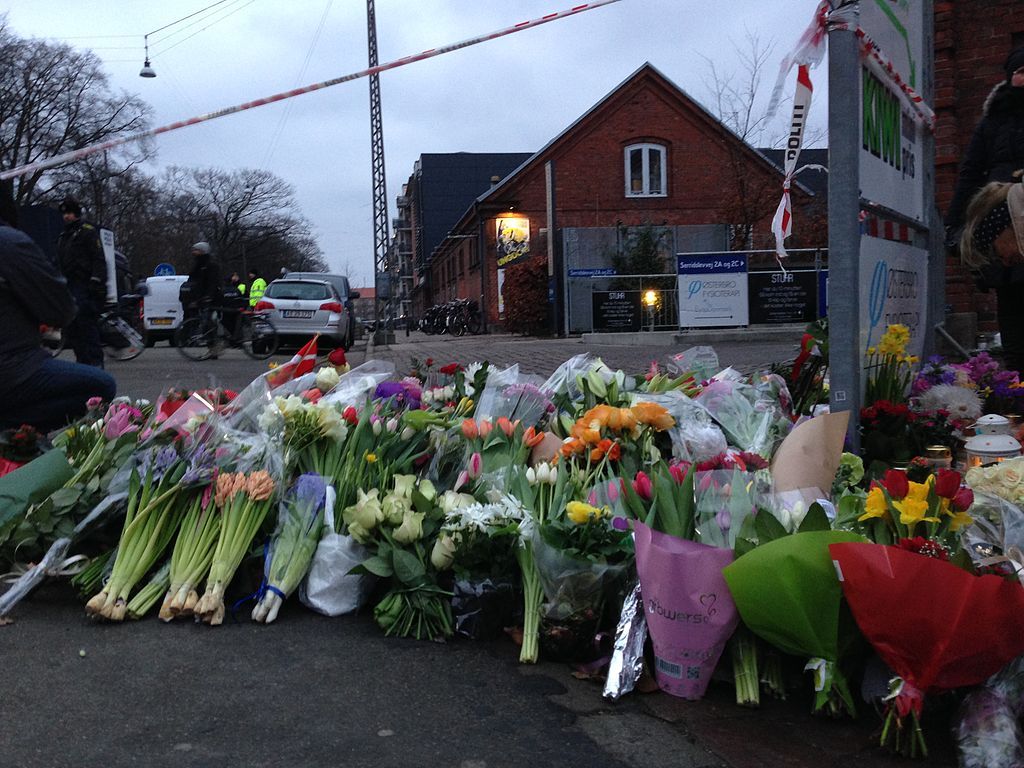On February 14 many will be scrambling to impress their loved ones with boxes of chocolates and flowers, but on Valentine’s Day in 2015, the Danish police were sent scrambling by the Copenhagen terror attack.
Now, nearly two years later, a new threat analysis by the nation’s intelligence agency, PET, has revealed that terror remains a serious threat to Denmark.
“IS [Islamic State] is under increased pressure from the international coalition and local resistances, so they are focusing more on hitting targets in the west,” said Finn Borch Andersen, the head of PET.
However, PET’s terror threat evaluation has remained serious for a while now, and the new evaluation doesn’t deem the current threat level to be more serious than previous evaluations.
READ MORE: Hurricanes, flooding and … space weather? Here are the top threats to Denmark
No planning required
PET contends that potential militant jihadist attacks would most likely focus on symbolic targets, such as the security authorities, institutions, Jewish targets and events considered insulting to Islam (such as Gay Pride).
Meanwhile, IS militant propaganda has stepped up its efforts encouraging attacks on unprotected civilian targets, such as events with large congregations of people and transportation infrastructure.
The PET report also indicated that there exists a capacity in Denmark to carry out a terror attack using easily-accessible weapons like stabbing weapons, guns, fire-based bombs and smaller homemade bombs.
These kinds of attacks can be undertaken with little or no planning involved and can be inspired by attacks in other nations.
Read the entire threat evaluation compiled by PET’s Centre for Terror Analysis (CTA) here (in Danish).














